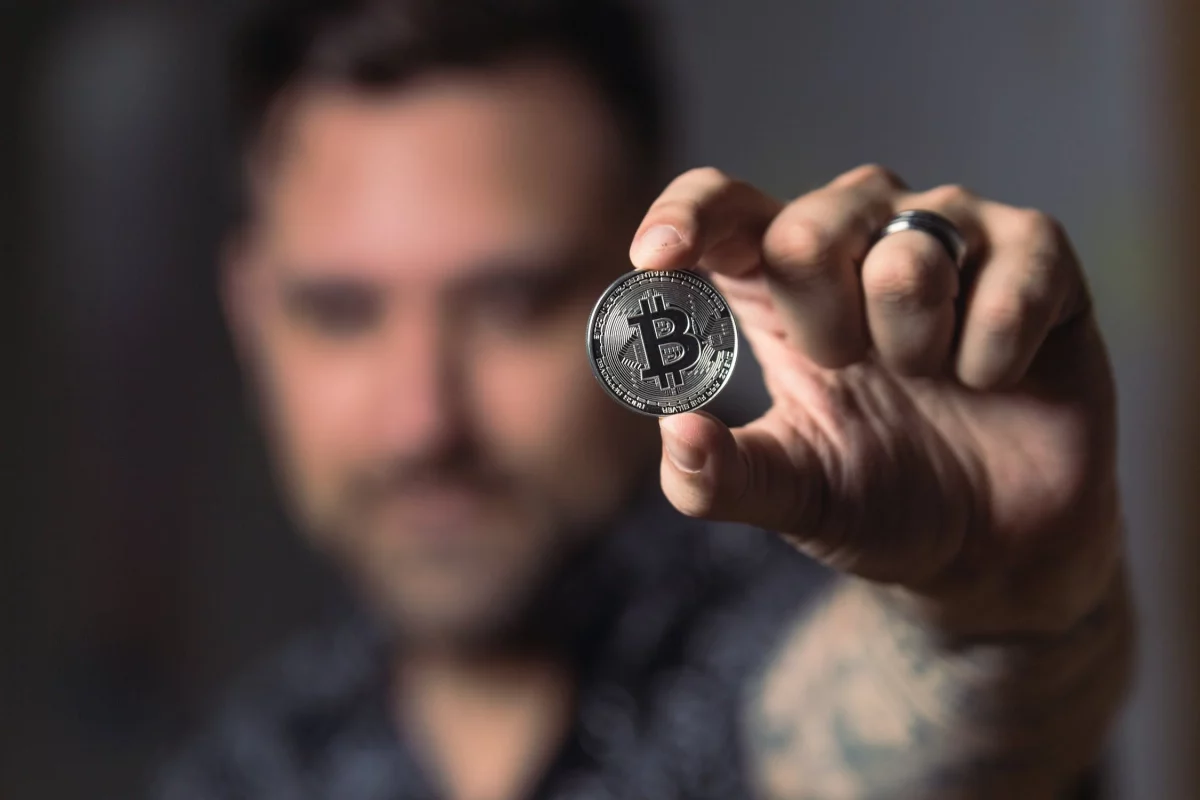Bitcoin Positioned as an Essential Reserve Asset for Central Banks
29.10.2024 14:30 2 min. read Kosta Gushterov
A nonprofit organization focused on Bitcoin is presenting compelling arguments for central banks to consider BTC as a reserve asset.
In a recent publication, the Bitcoin Policy Institute (BPI) highlights Bitcoin’s potential to diversify portfolios, protecting central banks from global macroeconomic challenges.
BPI points out that Bitcoin shares key traits with gold, reinforcing the idea that BTC can serve as a reserve asset similar to the precious metal. The organization states that Bitcoin’s unique investment features could mitigate various risks, including inflation, geopolitical conflicts, capital controls, sovereign defaults, bank insolvencies, and financial sanctions. They assert, “If gold is deemed a reserve asset, Bitcoin should be regarded in the same light.”
Regarding Bitcoin’s role as a long-term hedge against inflation, BPI notes its capped supply and the halving process, which reduces miners’ rewards every four years. This mechanism could protect investments from rising prices. They reference research indicating that Bitcoin price movements often signal anticipated inflation trends and that, when analyzed weekly, Bitcoin’s value tends to increase alongside a rising online price index.
Additionally, BPI claims that Bitcoin distinguishes itself from other cryptocurrencies during periods of significant geopolitical unrest. They cite research showing that Bitcoin’s price fluctuations correlate with changes in a geopolitical risk index, highlighting its unique status among digital assets.
The institute also suggests that Bitcoin can help investors navigate government-imposed capital controls that aim to safeguard fiat currencies. They argue that Bitcoin offers greater liquidity than many fiat assets, which may face such controls. Studies have shown that, in nations like Argentina, stricter capital regulations have led to increased cryptocurrency usage.
Furthermore, BPI emphasizes Bitcoin’s role in protecting central banks from sanctions and asset seizures. Many central banks rely on third-party custodians, like the Federal Reserve Bank of New York, to manage their investments. However, these custodians can freeze assets, as evidenced by the Venezuelan Central Bank’s recent legal struggles to unfreeze nearly $2 billion in gold held by the Bank of England.
-
1
Bitcoin Hits New All-Time High Above $112,000 as Short Squeeze and Tariffs Fuel Rally
10.07.2025 0:35 2 min. read -
2
Strategy Boosts Bitcoin Holdings to 597,325 BTC with Latest Purchase
30.06.2025 15:23 2 min. read -
3
Bitcoin ETF Inflows Explode Past $3.9B as BlackRock’s IBIT Leads the Charge
26.06.2025 18:08 1 min. read -
4
Bitcoin Surpasses Alphabet (Google) to Become 6th Most Valuable Asset Globally
27.06.2025 14:39 2 min. read -
5
Bitcoin ETF Inflows Hit $2.2B as Market Calms After Ceasefire
25.06.2025 17:00 1 min. read
Bitcoin Blasts Past $121,000 as Institutions Fuel Rally—Will Altcoins Follow?
Bitcoin has officially broken through the $121,000 level, rising 2.84% in the past 24 hours to hit $121,400, according to CoinMarketCap data.
Bitcoin Reaches $119,000 Milestone as Corporate Demand and ETF Inflows Rise
Bitcoin soared to a new all-time high above $119,000 on July 13, extending its bullish momentum on the back of institutional accumulation, shrinking exchange reserves, and technical breakout patterns.
Bitcoin Dominance Nears Key Resistance — Is Altseason Coming Next?
A major shift in the crypto cycle may be approaching as Bitcoin dominance (BTC.D) once again reaches critical long-term resistance.
Bitcoin Sparks Clash Between Mike Novogratz and Peter Schiff
Galaxy Digital CEO Mike Novogratz reignited a long-running feud with economist and gold advocate Peter Schiff after the latter criticized Биткойн yet again.
-
1
Bitcoin Hits New All-Time High Above $112,000 as Short Squeeze and Tariffs Fuel Rally
10.07.2025 0:35 2 min. read -
2
Strategy Boosts Bitcoin Holdings to 597,325 BTC with Latest Purchase
30.06.2025 15:23 2 min. read -
3
Bitcoin ETF Inflows Explode Past $3.9B as BlackRock’s IBIT Leads the Charge
26.06.2025 18:08 1 min. read -
4
Bitcoin Surpasses Alphabet (Google) to Become 6th Most Valuable Asset Globally
27.06.2025 14:39 2 min. read -
5
Bitcoin ETF Inflows Hit $2.2B as Market Calms After Ceasefire
25.06.2025 17:00 1 min. read


